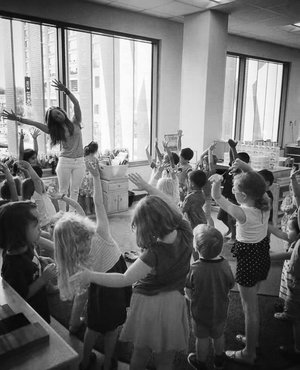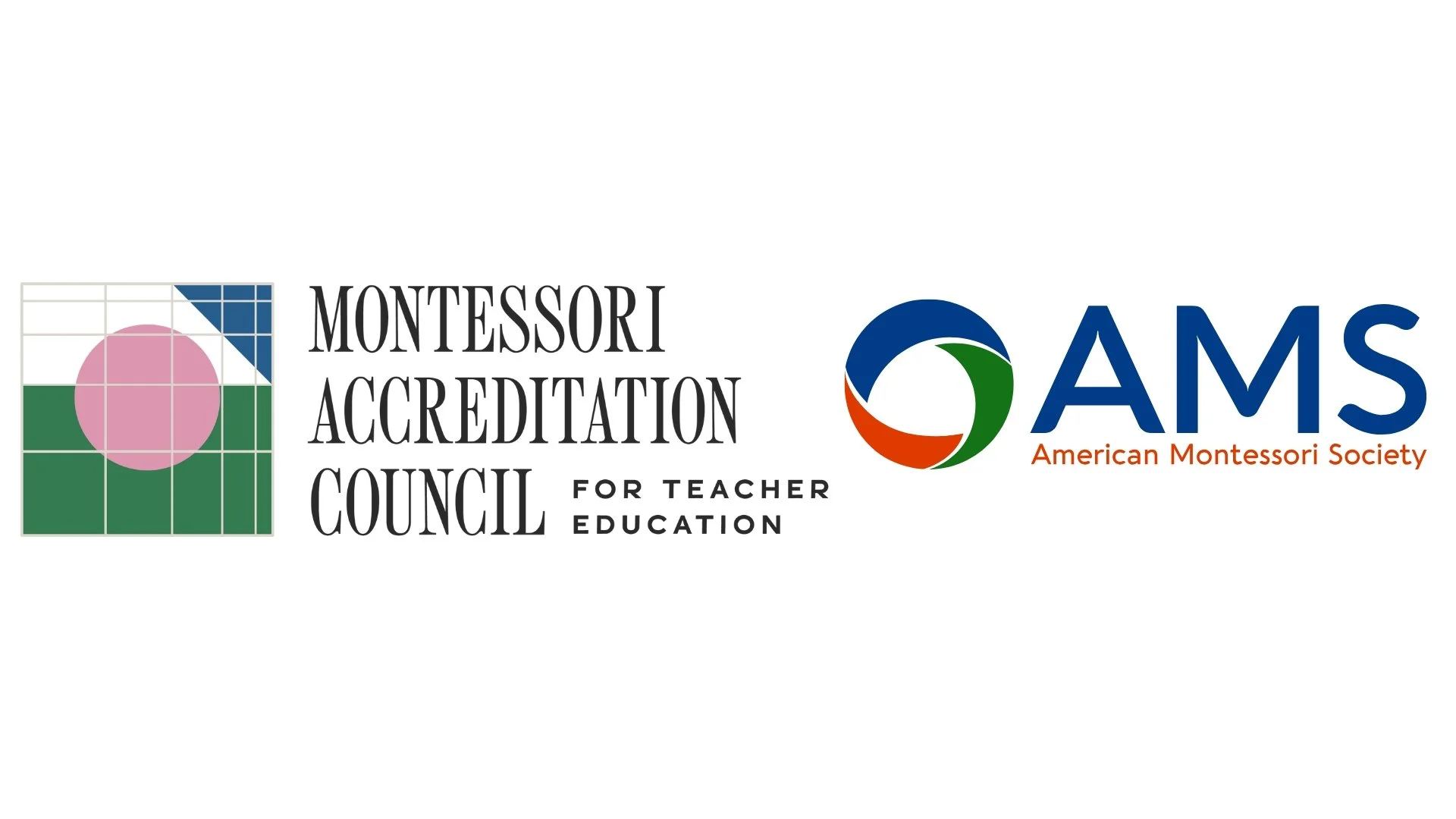“The secret of good teaching is to regard the child's intelligence as a fertile field in which seeds may be sown, to grow under the heat of flaming imagination.”
-Maria Montessori
As teachers, it’s our empathy, approach, and patience that can support a child’s connection to school.
In honor of MTEI's 10th anniversary, we've compiled a list of the 10 best books for Montessori teachers! Allow this list to help you understand your pivotal role in a child's life.
Top Books for Montessori Teachers
The Absorbent Mind - Maria Montessori
This is essentially the holy grail of Montessori philosophy. Allow Maria to refresh your memory of how crucial the first 6 years of life are in a child’s development, of how they soak everything in effortlessly, and what a pivotal role the teacher plays in preparing the environment.
The Tao of Montessori: Reflections on Compassionate Teaching - Catherine McTamaney
Each verse leaves you with something to ruminate on, and will remind you why your job is so essential and why it’s important to be intentional each day.
Positive Discipline in the Montessori Classroom - Chip DeLorenzo, M.Ed.
Have days where you are pulling out your hair getting children to listen and follow directions? Chip DeLorenzo encapsulates the core of educators fostering student empowerment. This book presents Positive Discipline through a Montessori lens, providing tangible and relatable classroom illustrations and offering guidance on how to be kind and firm at the same time.
The Montessori Baby, The Montessori Toddler, The Montessori Child - Simone Davies
Davies does an amazing job of reminding us that all ages of child development can be tricky. She gracefully reminds us that raising little ones is not easy, but we are not alone in our struggles and most importantly, it’s okay not to be perfect. She gives realistic strategies in her three books to raise productive, cooperative, independent little people in as harmonious a way as possible.
The Essential Montessori - Elizabeth G. Hainstock
This book is a valuable resource for both seasoned practitioners and newcomers to the method. It's an indispensable reference for teacher training programs, school selection, classroom materials, and more.
The Child Is the Teacher: A Life of Maria Montessori - Cristina De Stefano
This biography is brimming with fresh narratives and intriguing insights into Montessori's life. It offers a unique perspective from an author outside the Montessori movement, granting access to Montessori's original letters, diaries, notes, and texts, unveiling a wealth of previously unpublished material.
Montessori for Every Family: A Practical Parenting Guide to Living, Loving and Learning - Lorna McGrath and Tim Seldin
Unlock daily Montessori magic with this modern parenting guide. It distills key principles for easy home application, serving as a valuable resource to create a Montessori-inspired family life. Accessible to every parent and instructor, this practical guide accommodates various time pressures and resources.
Montessori from the Start: The Child at Home, from Birth to Age Three - Paula Polk Lillard and Lynn Lillard Jessen
Derived from Dr. Maria Montessori's principles for nurturing infants and toddlers, this hands-on guide is packed with guidance, stories, and support for fostering composed, capable, and self-assured children. It covers everything from crafting the baby's room to promoting essential life skills like self-dressing and fostering both independent and collaborative work.
The Whole-Brain Child: 12 Revolutionary Strategies to Nurture Your Child's Developing Mind - Daniel J. J. Siegel and Tina Payne Bryson
In this groundbreaking book, neuropsychiatrist Daniel J. Siegel and parenting expert Tina Payne Bryson offer twelve key strategies for fostering healthy brain development in children. Explaining the science behind a child's developing brain, the authors provide practical insights to turn challenging moments into opportunities for vital growth, resulting in calmer and happier children.
Montessori: The Science Behind the Genius - Angeline Stoll Lillard
In this revolutionary book, Angeline Stoll Lillard explores the scientific validation of Montessori's insights, detailing eight foundational principles and their classroom applications. The book provides parents and educators with a clear understanding of the method's success. Lillard not only elucidates the scientific basis but also critiques traditional approaches and proposes a proven alternative.
“I wake up every morning and jump out of bed to go to work. I see every day in the way a child’s face lights up when I show them a lesson, pause to listen to them, or give them a hug that what I do makes a difference. The gravity of what I do has instilled in me the belief that continual growth and improvement are essential. There is no point at which, as a teacher, you have ‘made it.’ The only way we can ensure we show our best selves each day and model the traits we want to see in our students is to never become stagnant in our own pursuit of learning.”
“It is not enough for the teacher to love the child. She must first love and understand the universe. She must prepare herself, and truly work at it.”
- Maria Montessori
Refine the Montessori Method with MTEI
Are you prepared to deepen your teaching practices and take it to the next level? Join the Montessori Teacher Education Institute (MTEI) today, and embark on a transformative journey that will elevate your knowledge on the proven scientifically based educational method and understanding of the natural development of the whole child. Gain access to a wealth of knowledge, practical insights, and innovative techniques that will empower you to become a more effective and impactful Montessori educator. Don't miss this opportunity to refine your Montessori method — enroll in MTEI now and open the door to a brighter future in education!
I would suggest taking out 4, 6, 8, 9
Books to add
the child is the teacher - https://www.amazon.com/Child-Teacher-Life-Maria-Montessori/dp/1635420849
This is a new biography full of new stories and interesting facts about Montessori!
Montessori for Every Family: A Practical Parenting Guide to Living, Loving and Learning
Montessori from the Start: The Child at Home, from Birth to Age Three
The Whole-Brain Child: 12 Revolutionary Strategies to Nurture Your Child's Developing Mind
Montessori Science behind the Genius






